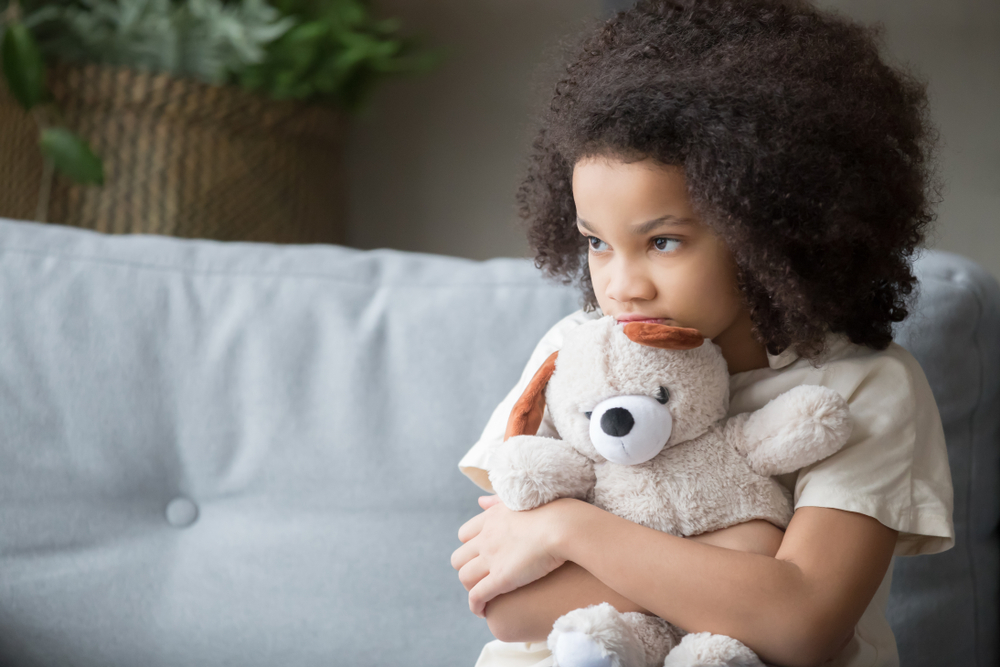The effects of anxiety attacks can be detrimental to every person’s health, but this is even more true when it comes to children. While an occasional feeling of stress is normal, excessive anxiety causes experience excessive fear, terror, and panic. Anxiety can become a mental health problem if it impacts your ability to live your life as fully as you want to. So, how do we help our children deal with it?
If you have never experienced an anxiety attack in your life, the chances are that you don’t know how to handle it. Of course, people can experience anxiety differently, but one thing for sure is that there are many ways to manage the situation. We recommend seeking help from a mental health professional.
[bctt tweet=”Anxiety can negatively impact your child’s everyday life and activities if not treated. Learn how to help your child deal with anxiety and panic attacks.” via=”no”]
Now, let’s discuss the signs of anxiety disorders and the viable solutions to the problem.
Signs of Anxiety Disorders
Anxiety can interfere with your daily life if not treated or managed. You or your child may have excessive anxiety that needs prompt attention when you experience these symptoms.
- Sweating
- Hyperventilation
- Shortness of breath
- Shaking or trembling
- Increased heart rate
- Feeling helpless and nervous
- A sense of impending danger or panic
Go to a Mental Health Professional
The counselors at PHC can help you work on not only symptom reduction but better ways of thinking, feeling, and living. They can identify the underlying conditions responsible for the attacks and recommend strategies to help. Experienced behavioral health professionals will give medical advice and suggest medications (if needed) and behavioral therapy for anxiety.
Solutions: Reduce Stress and Develop Coping Strategies
The good news is that there are many ways we can help our children manage anxiety attacks, including reducing stress levels and developing coping strategies if they’re feeling anxious.
Here are the tips on how to cope with anxiety and depression.
- Teach them to manage their deep thoughts
- Make sure they get enough sleep to boost mental health
- Help them stay physically active
- Help them take deep breaths whenever they feel anxious
- Quit smoking and reduce your intake of caffeinated beverages
- Reduce stress and do relaxation activities, like yoga and meditation
- Incorporate healthy foods into your diet, including fruits and whole grains
PHC Can Help
You and your child should never have to struggle with fear, panic, or anxiety. Whenever you notice the physical symptoms or manifestations of anxiety, seek medical help at PHC. We can help your child deal with anxiety by recommending the best treatment methods to improve their health.
Contact us today to discuss your condition with our mental health professionals.



